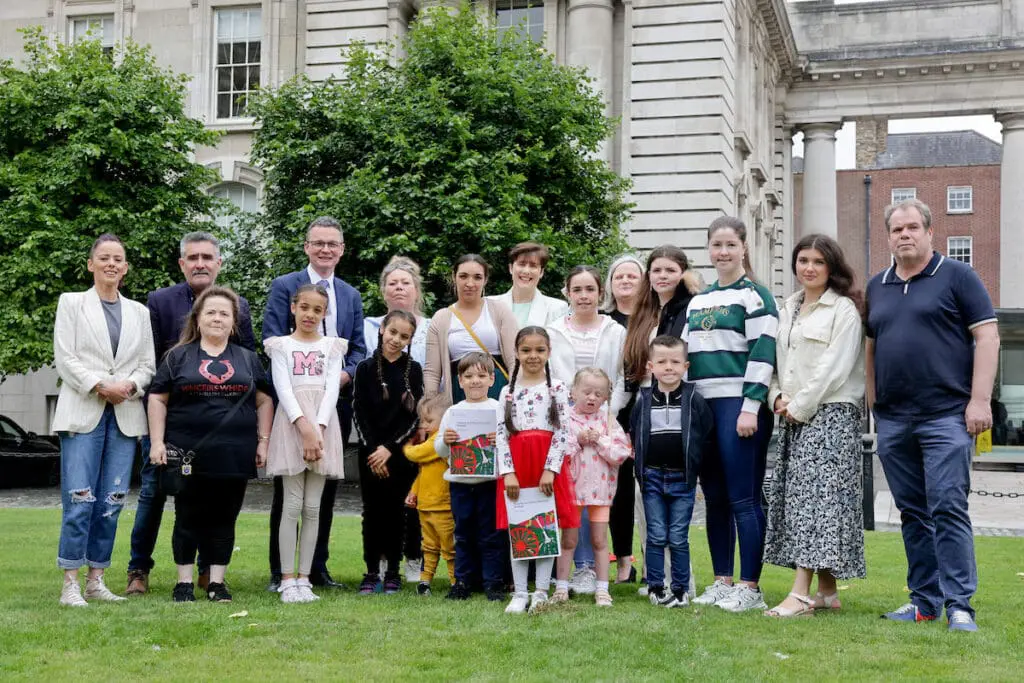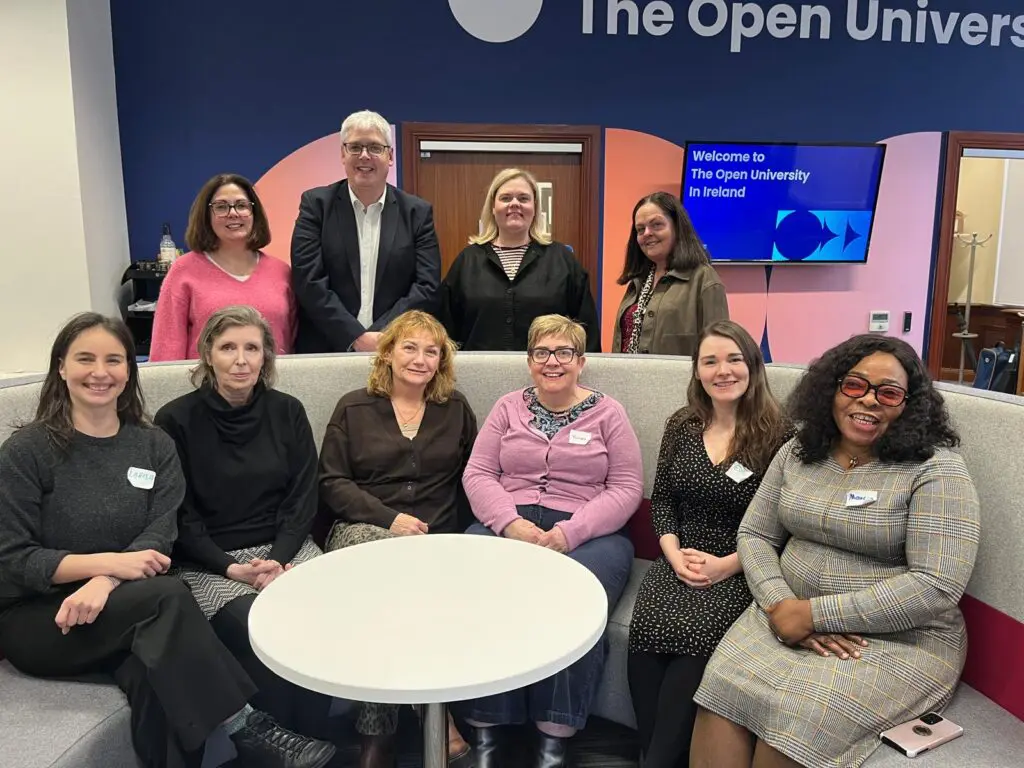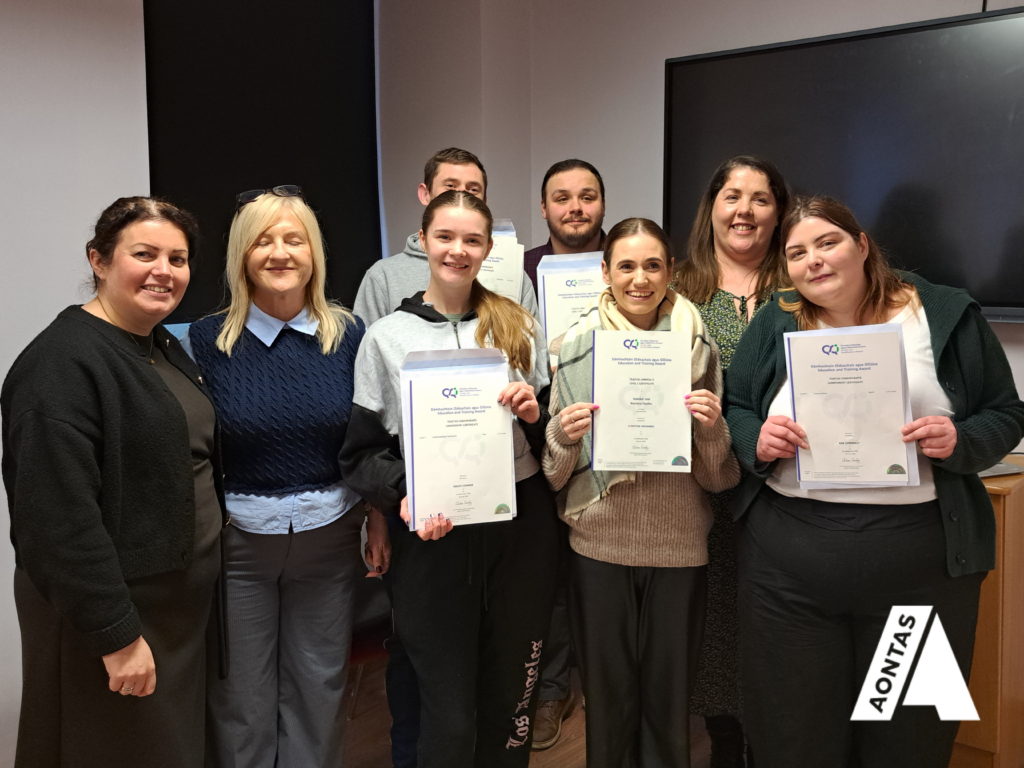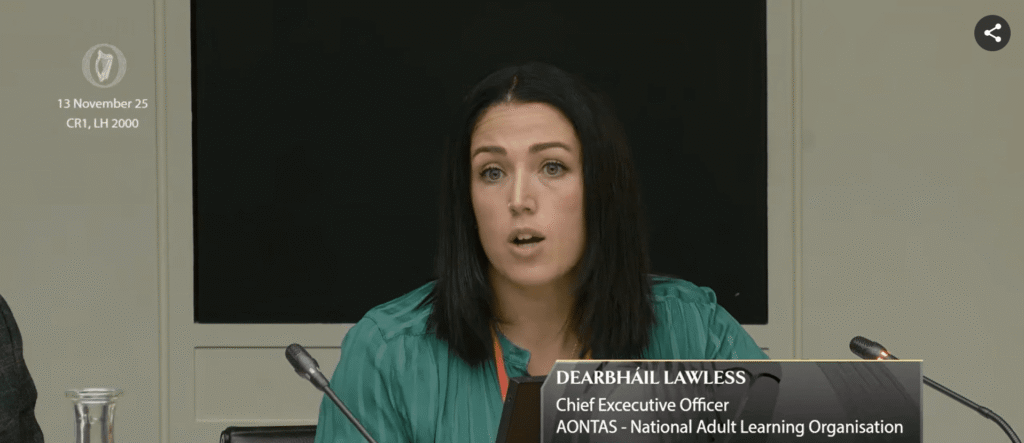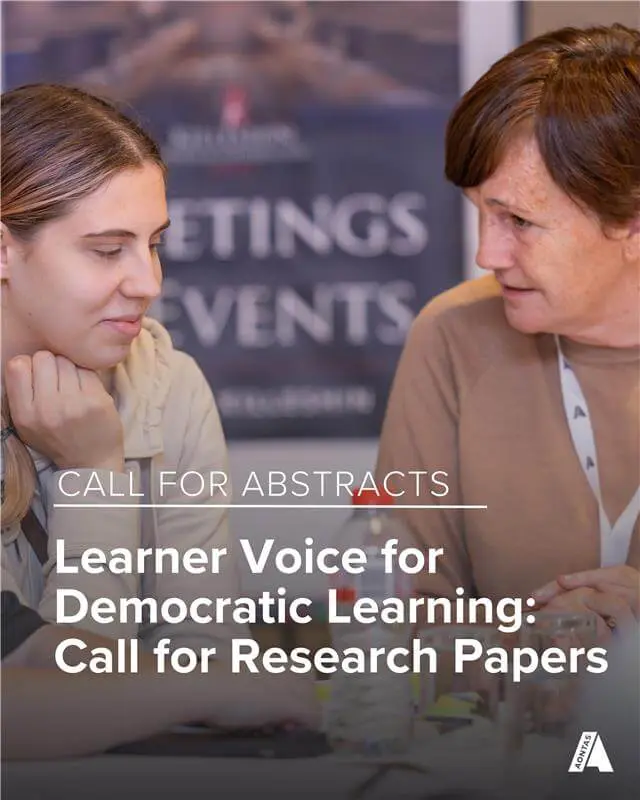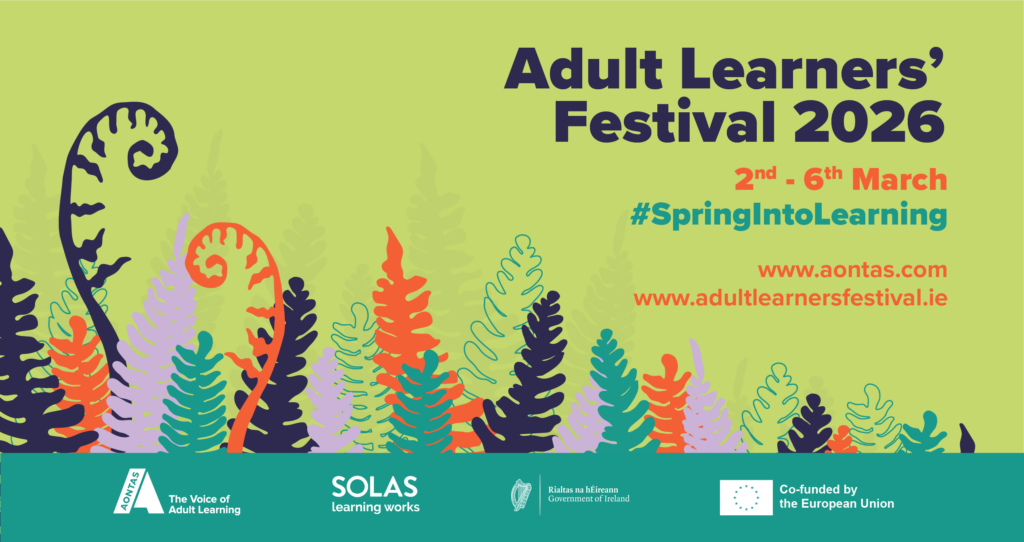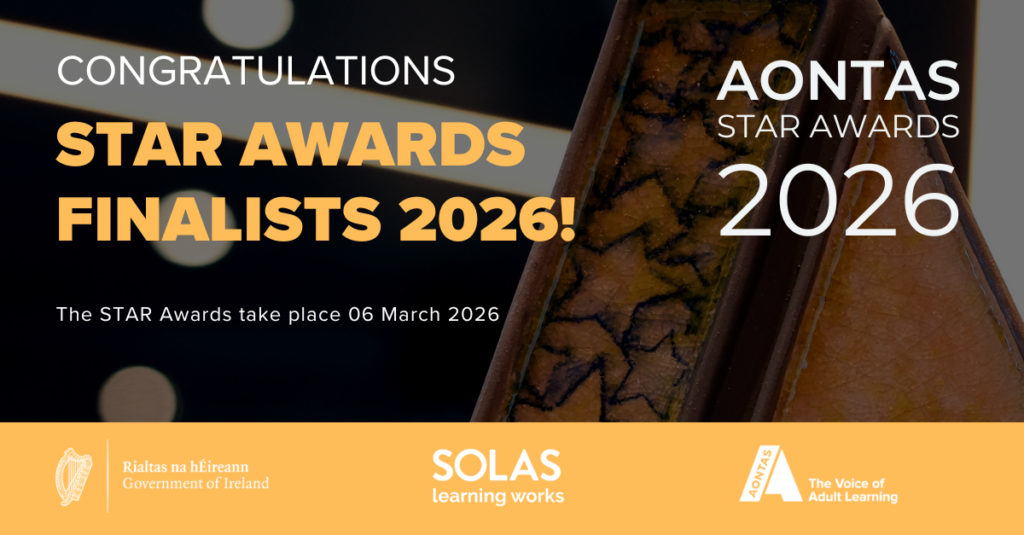A new strategy has been launched by the Government to seek to make education more equal and accessible for people from Traveller and Roma communities, who face much greater barriers to education than the general population, a fact that has long been highlighted by Traveller advocacy organisations.
Many members of the Traveller community come from families where remaining in and progressing in education is not the norm due to a range of barriers.
Barriers to education for members of Traveller and Roma communities
According to Tough Start, a major investigation into discrimination against Travellers, there tends to be lower expectations of success for Travellers’ educational achievements. Only 13% of Travellers were educated to an upper secondary school level or above, according to the last census in 2016. For the general population, this is over 70%. Just 31% of Travellers sit the Leaving Cert compared to 93% of the general population.
Travellers also experience a lot of discrimination when trying to get a job. The EU Roma and Travellers Survey 2019 found that, compared to groups in other countries, Irish Travellers are the least likely to have paid work. 17% of Traveller women and 13% of Traveller men have paid jobs compared to 68% of Irish women and 80% of men from the general population. Most of these only have part-time jobs (58%) and only 38% work full-time. Only 26% have a permanent contract.
Many Travellers living on halting sites have little to no access to digital tools or internet, and are being further left behind and marginalised by the rise in opportunities and services moving online.
Strategy seeks new inclusive system
This new strategy is a cross-departmental collaboration between the Department of Education; the Department of Further and Higher Education, Research Innovation, and Science (DFHERIS); and the Department of Children, Equality, Disability, Integration, and Youth.
The strategy seeks to address these systemic and embedded issues. The goal is to “ensure equity of access, opportunity and outcomes, as well as meaningful participation, across the continuum of education for all Travellers and Roma.”
The strategy refers to the need for “an inclusive system where Travellers and Roma are respected and supported to fulfil their potential, and where Traveller and Roma cultures and ethnic identities are acknowledged, visible and valued.”
We at AONTAS contributed to this strategy as an identified key stakeholder. We advocated for anti-racism training for teachers, holistic and inclusive education, wrap-around support services like childcare and mental health support, financial supports, plain language information, and inclusive supports for parents.
Speaking about the new strategy, AONTAS CEO Dearbháil Lawless said:
“There needs to be systematic changes and accountability in place for real change. Members of the Traveller and Roma communities have been failed by our education system and while there is good work happening, it’s time for all of us to step up and do more. This strategy provides a great opportunity to make a difference for the futures of Traveller and Roma families.”
Commenting on the publication of the new strategy, Martin Collins, who is co-director of Pavee Point, said:
“The Strategy needs to ensure that Travellers’ education experiences, which all too often have been of racism and discrimination, can no longer get in the way of our community’s education ambitions. The collaborative process put in place by the Department of Education for the development of this strategy needs to continue to transform education so it can bring full participation and best outcomes at all levels for all.”
Speaking on the next steps, Mr. Collins said, “The Department must ensure that the Strategy contains targets and timelines to support parity of participation at all levels, as well as dedicated resources.”
We at AONTAS continue to advocate for equal access to education, and focus on the need for the right conditions for people to go back to or stay in education as adults.
This includes a system which does not discriminate against people and which recognises the specific and tailored resources particular groups need to make education and realistic option for them.
Read the full press statement from the Government on this new strategy here.
Writing by Dr Kate Smyth, Strategic Comms Officer
